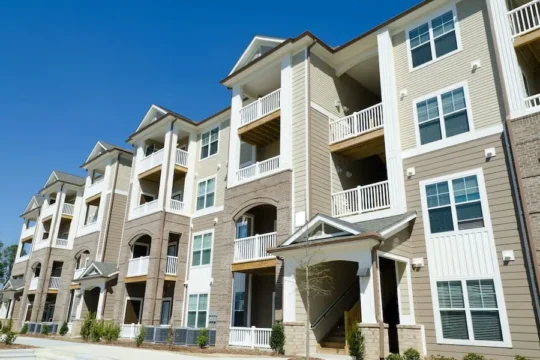For the vast majority of people, their house represents the largest asset that they own. In the United States, the median home value is $226,800, although this number can vary wildly depending on location.

As you get older, you may want to liquidate some of the value that is tied up in your home to give you the cash to enjoy your twilight years. While selling may represent the best opportunity to do this, many people feel daunted by the prospect of moving to a new property or area for which they have spent many happy years. In cases such as these, it can be a good idea to explore the prospect of a reverse mortgage.
Unlocking the Value of Your Home
In basic terms, a reverse mortgage is a loan which is based on the equity of your home. This loan can be taken if you have paid off your mortgage or if you are in the process of paying it off. In effect, it is a way of re-mortgaging your home on terms which are agreeable to you.
A reverse mortgage is paid by a lender to a homeowner in monthly installments in lump sums or through a variable line of credit. You will not have to repay this loan until you eventually sell your house or die, at which point your balance with the lender is deducted from the final sale price of the property.
Home Equity Conversion Mortgage (HECM)
Although you may be able to arrange a reverse mortgage with state or regional governments or with various private lenders, the safest way to get one is through a Home Equity Conversion Mortgage (HECM). A HECM is insured by the Federal Housing Administration, guaranteeing that heirs will not have to pay more than 95 percent of the appraised value if the loan exceeds the sale price of your home.
HECM Variables
Two of the most important variables that can influence the type of reverse mortgage that you qualify for are eligibility and types of real estate:
- Eligibility – You have to be over the age of 62 and reside in your principal property to be eligible for a HECM. You will be disqualified if you are found to have unpaid federal debts.
- Types of Real Estate – to qualify for a HECM, you need to be the owner of either a single-family home or a two- to four-unit residence.
Risks
Reverse mortgages are usually subject to a higher rate of interest than a regular mortgage. Average interest rates tend to hover between 4.5% and 5% per year, but interest is charged on a cumulative basis. This means that anyone applying for a reverse mortgage should be fully aware of how much they could end up paying over the course of the loan.
Reverse mortgages can be a great way of unlocking the cash value of your home without having to move. However, make sure that you are fully aware of the conditions of the loan before you sign on the dotted line.




